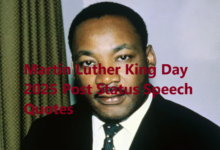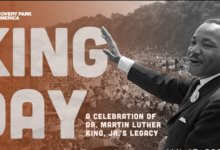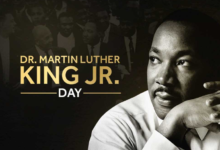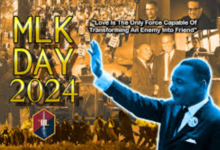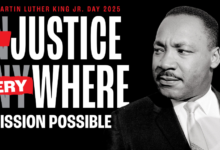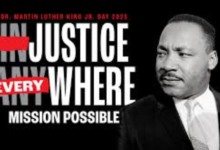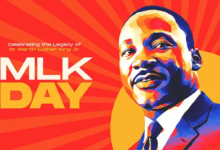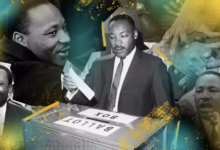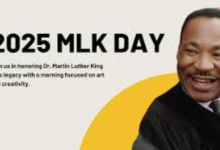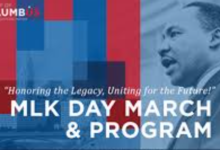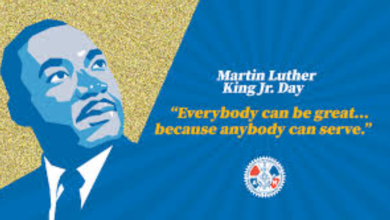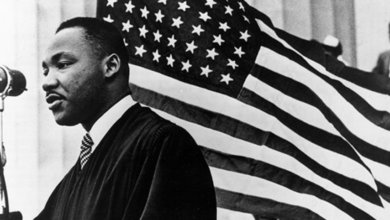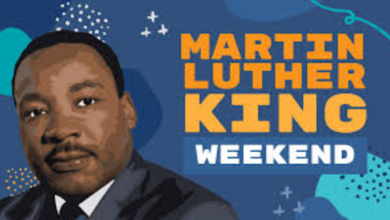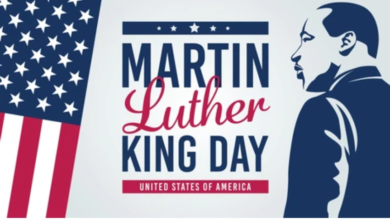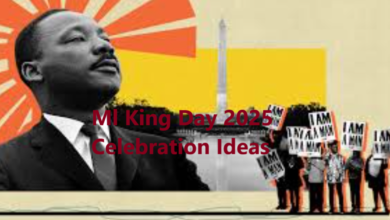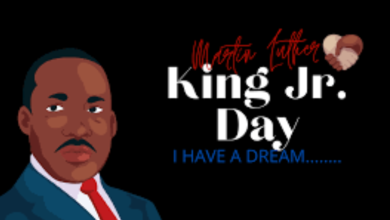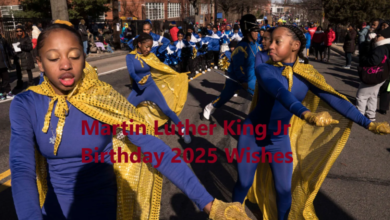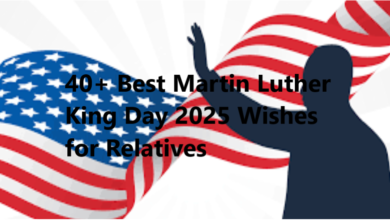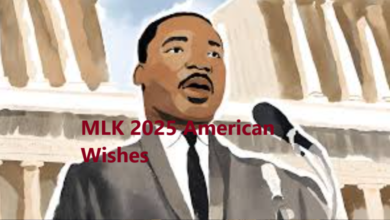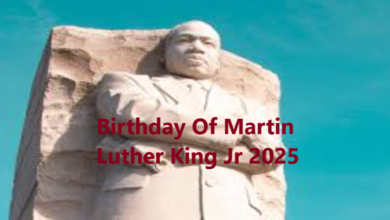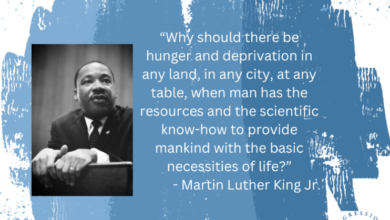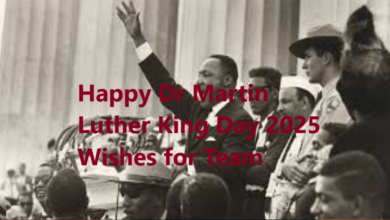Martin Luther King Jr Known For
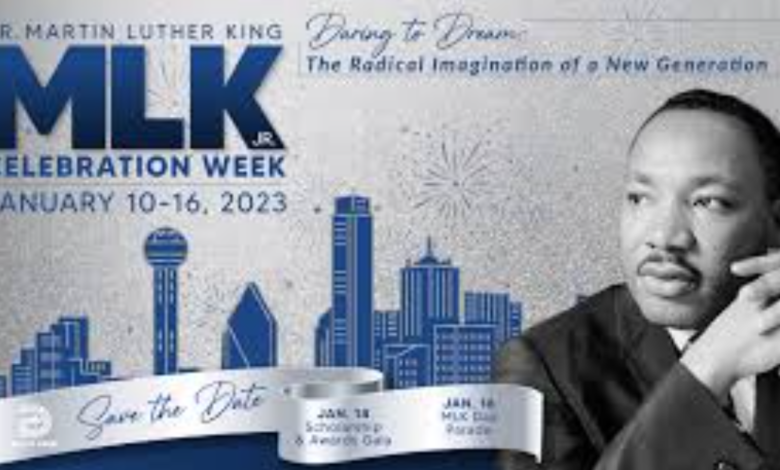
Few individuals have left as profound an impact on the course of history as Martin Luther King Jr. Even more than 50 years after his tragic death, King’s legacy continues to inspire movements for justice and change across the world. From his leadership during the Civil Rights Movement to his stirring speeches that called for unity and equality, many people know his name, but fewer fully grasp the breadth and depth of what he stood for.
This post will explore what Martin Luther King Jr. is most known for, including his role in ending segregation, his iconic speeches, and the philosophy of nonviolence that guided his activism. By understanding King’s contributions, we can better appreciate the impact he had—and continues to have—on our society.
A Leader in the Civil Rights Movement
Martin Luther King Jr. is best known as a central figure in the American Civil Rights Movement, which aimed to end racial discrimination and achieve equal rights for African Americans. Born on January 15, 1929, in Atlanta, Georgia, King was raised in a family of faith, with his father serving as a Baptist minister. He earned his doctorate in theology and began his leadership in the movement in 1955, at the age of 26.
The Montgomery Bus Boycott
One of King’s earliest and most significant contributions to civil rights was his leadership during the Montgomery Bus Boycott in Alabama. Sparked by Rosa Parks’ arrest for refusing to give up her bus seat to a white passenger, the boycott lasted over a year, from December 1955 to December 1956. Under King’s leadership, the boycott became a nationwide symbol for nonviolent protest.
The Supreme Court ultimately ruled that segregation on public buses was unconstitutional, marking one of the first major victories of the Civil Rights Movement. King’s ability to mobilize the African American community and maintain unity helped solidify his place as a leader of the movement.
The Formation of the Southern Christian Leadership Conference (SCLC)
After the success of the Montgomery Bus Boycott, King co-founded the Southern Christian Leadership Conference (SCLC) in 1957. The SCLC became a driving force in the fight for civil rights, with a mission to advance nonviolent protest as a method for achieving social justice. King’s role as the first president gave him a platform to organize marches, rallies, and campaigns that proved instrumental in bringing national attention to the plight of African Americans in the South.
His Philosophy of Nonviolence
Central to Martin Luther King Jr.’s legacy is his unwavering commitment to nonviolence. Inspired by the teachings of Mahatma Gandhi, King believed that peaceful resistance was the most effective way to combat systemic injustice. His approach was rooted in the principle that love and understanding could overcome hatred and oppression.
Six Principles of Nonviolence
King articulated six principles of nonviolence, which included the belief that:
- Nonviolence is a way of life for courageous people.
- It seeks to win friendship and understanding, not defeat an opponent.
- Aggression can be resisted without resorting to physical violence.
- Suffering can educate and transform protestors and bystanders alike.
- Nonviolence chooses love over hatred.
- Justice will ultimately prevail.
These principles underpinned every action King took, from sit-ins to marches, and were instrumental in maintaining the moral high ground during confrontations with segregationists.
The March on Washington and the “I Have a Dream” Speech
If there’s one event that most people associate with Martin Luther King Jr., it’s the March on Washington for Jobs and Freedom, held on August 28, 1963. This historic gathering drew over 250,000 participants and became one of the largest political rallies in United States history.
The “I Have a Dream” Speech
At the Lincoln Memorial, King delivered his iconic “I Have a Dream” speech, which remains one of the most powerful calls for equality and justice in global history. The speech envisioned a future where people would “not be judged by the color of their skin but by the content of their character.” His words moved the nation and became a defining moment in the Civil Rights Movement.
The March on Washington not only solidified King’s influence as a leader but also contributed to the passage of the Civil Rights Act of 1964 and the Voting Rights Act of 1965.
Nobel Peace Prize Recipient
Another significant milestone in King’s career was being awarded the Nobel Peace Prize in 1964 at the age of 35, making him the youngest recipient at the time. The Nobel Committee recognized his leadership in the Civil Rights Movement and his dedication to nonviolent resistance. King used the $54,000 prize money to support the movement further, demonstrating his unwavering commitment to the cause.
King’s Role in Other Key Movements
While King is most well-known for his fight against racial segregation, his activism also extended to other important issues.
The Poor People’s Campaign
Toward the end of his life, King began advocating for economic justice through the Poor People’s Campaign. Launched in 1968, this campaign aimed to address poverty that affected Americans of all races. The focus shifted to challenging economic inequality and demanding access to fair wages, decent housing, and living conditions.
Opposition to the Vietnam War
King was also vocal about his opposition to the Vietnam War, critiquing it as a distraction from addressing domestic issues like poverty and discrimination. His stance was controversial, but it demonstrated his broader commitment to human rights and peace.
The Legacy of His Life and Assassination
Martin Luther King Jr. was tragically assassinated on April 4, 1968, in Memphis, Tennessee, while supporting a sanitation workers’ strike. His death sent shockwaves across the United States and the world, but it also solidified his status as a martyr for justice and equality.
The Impact of Martin Luther King Jr. Day
King’s legacy is honored every year in the United States with Martin Luther King Jr. Day, observed on the third Monday of January. Established as a federal holiday in 1983, this day serves as a reminder of his contributions to the fight for equality and the work that remains to achieve his dream.
